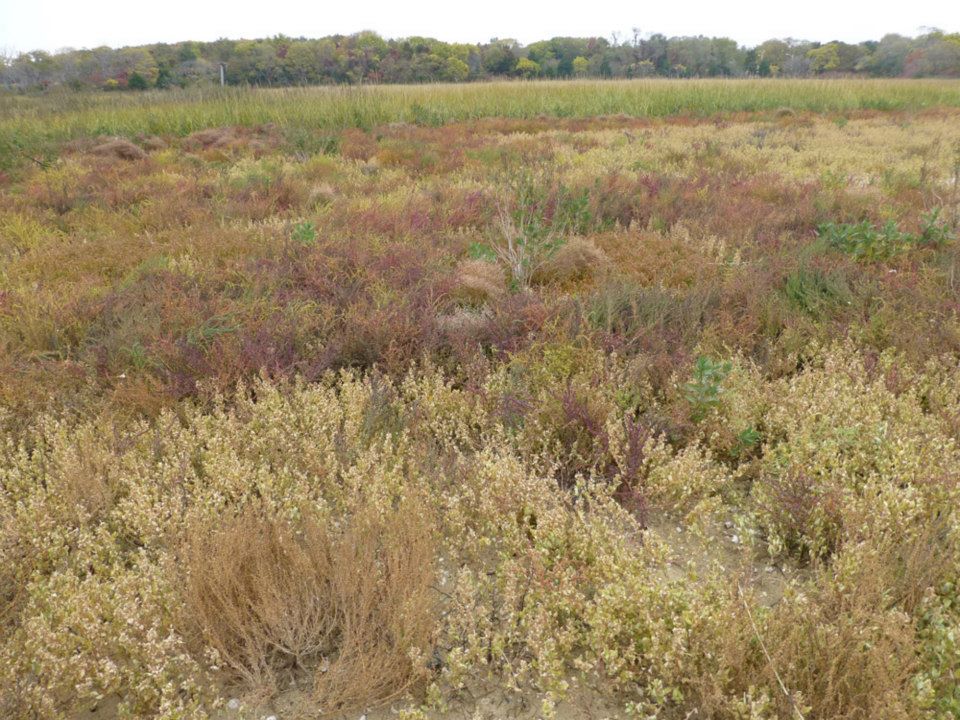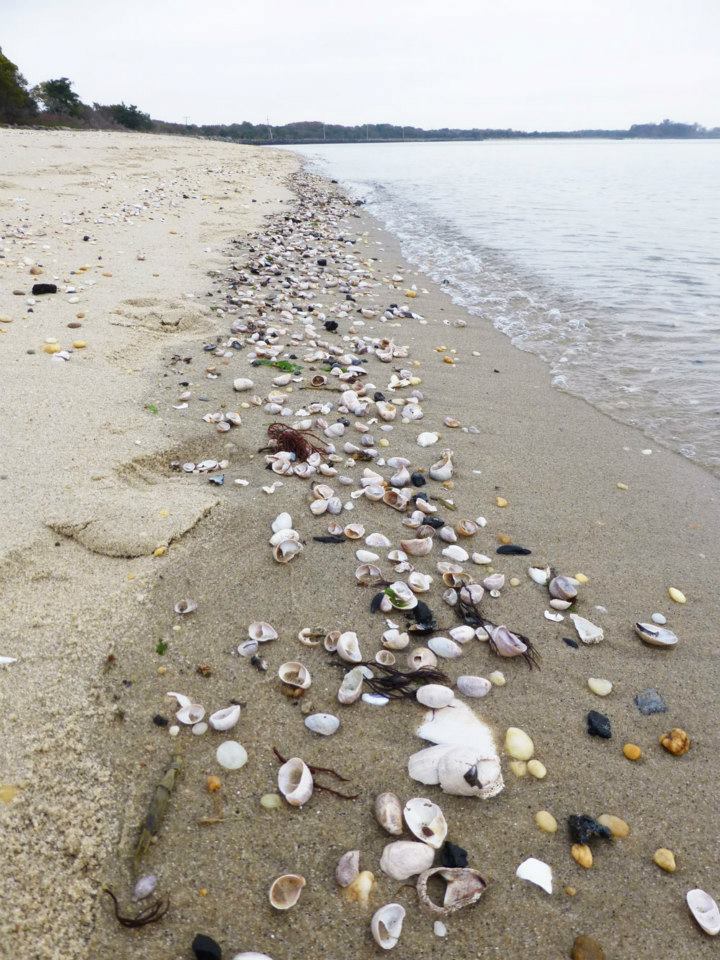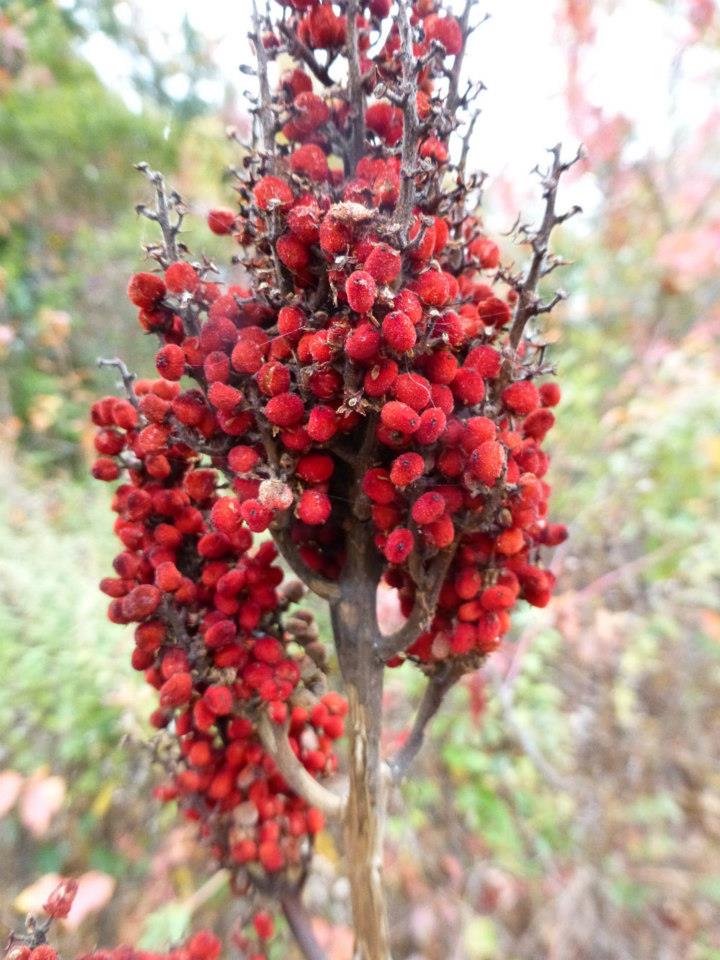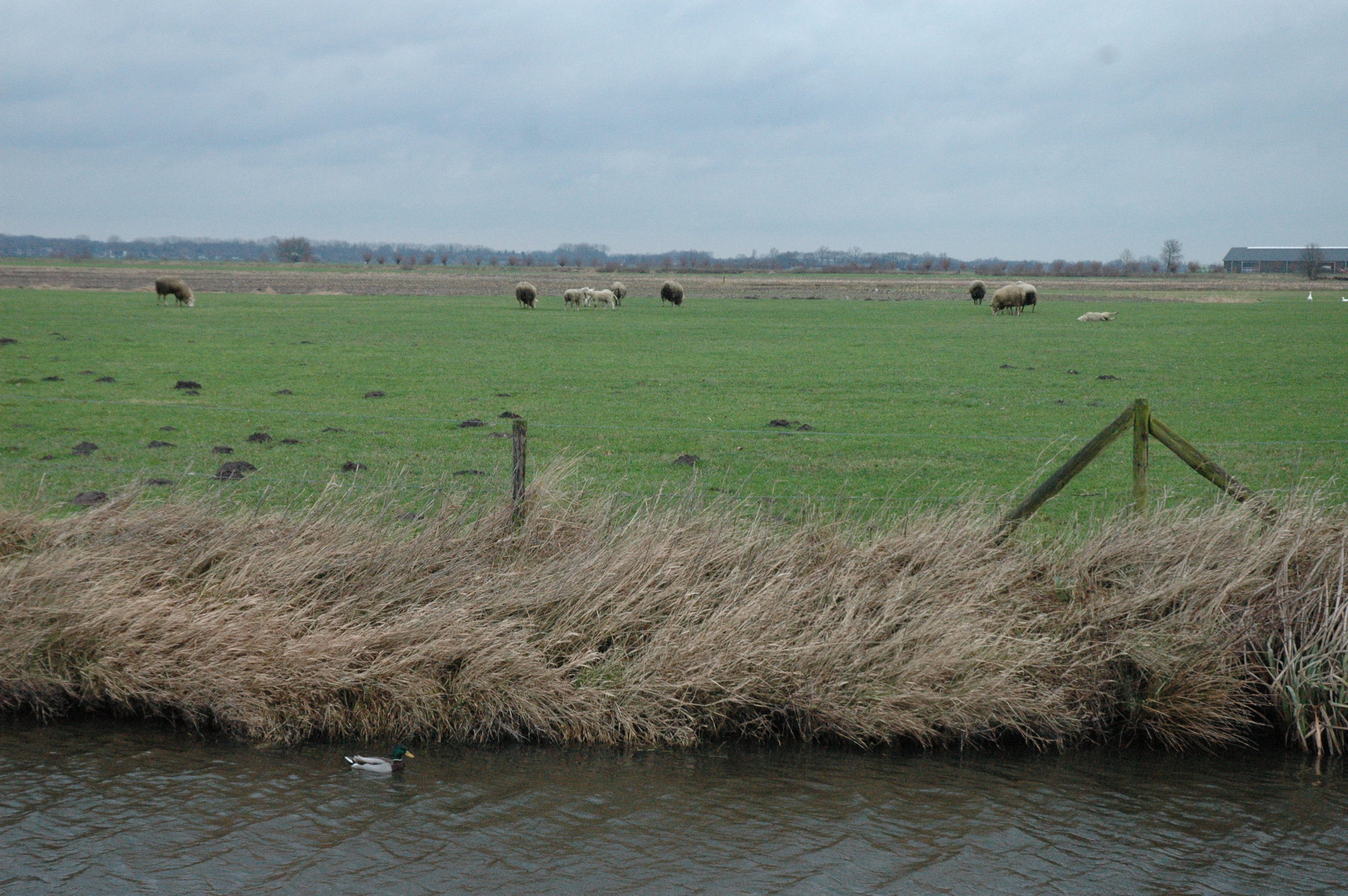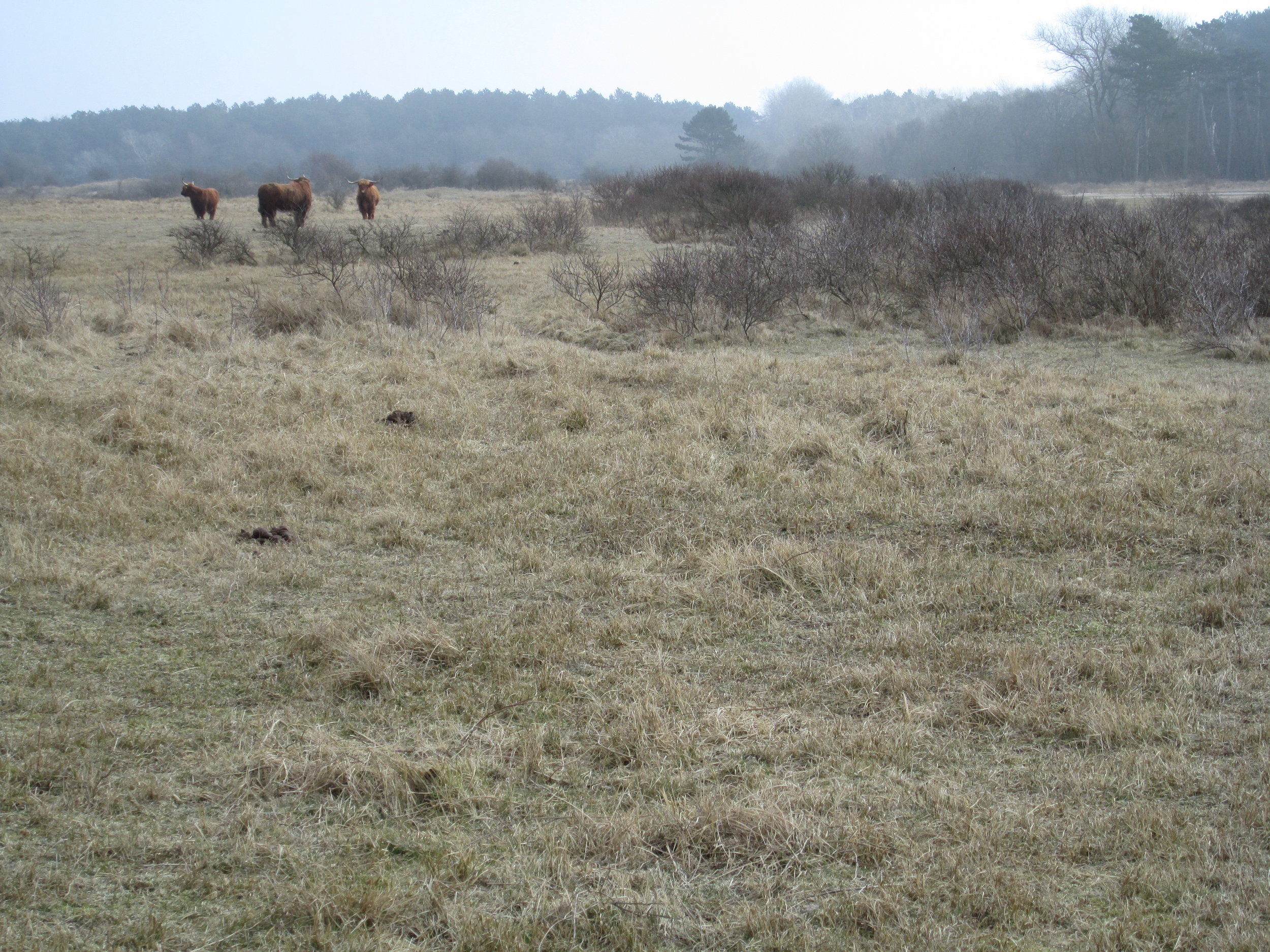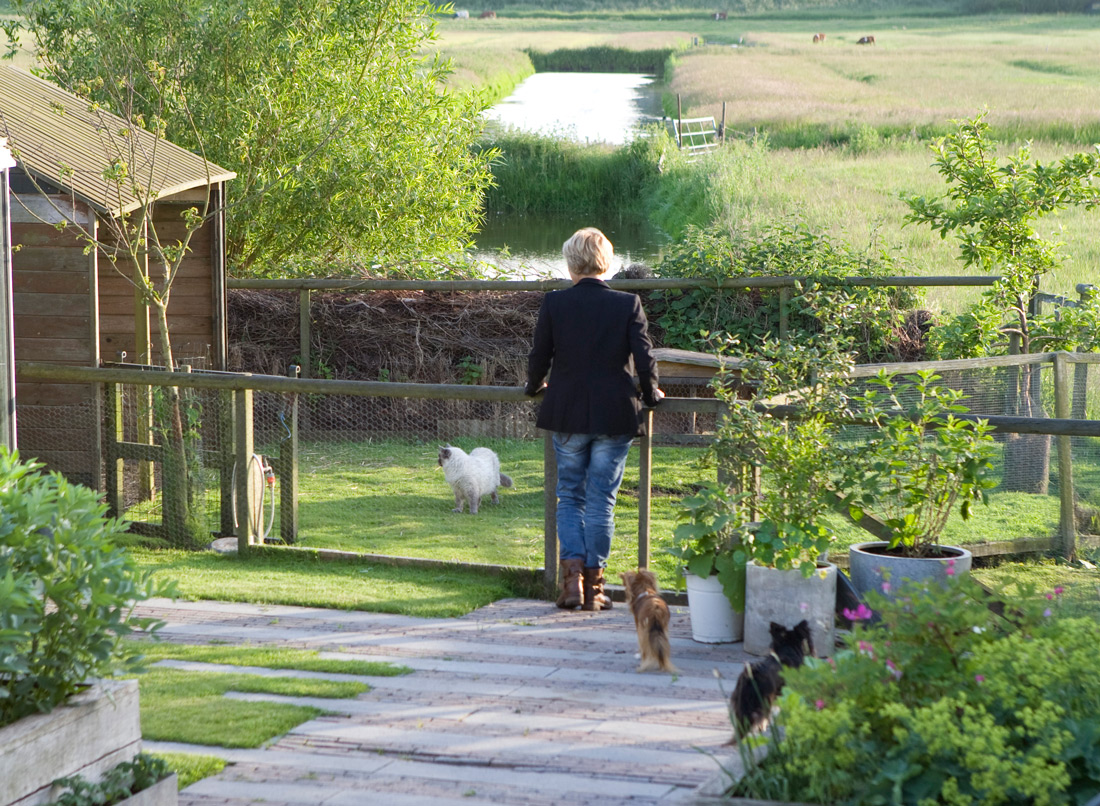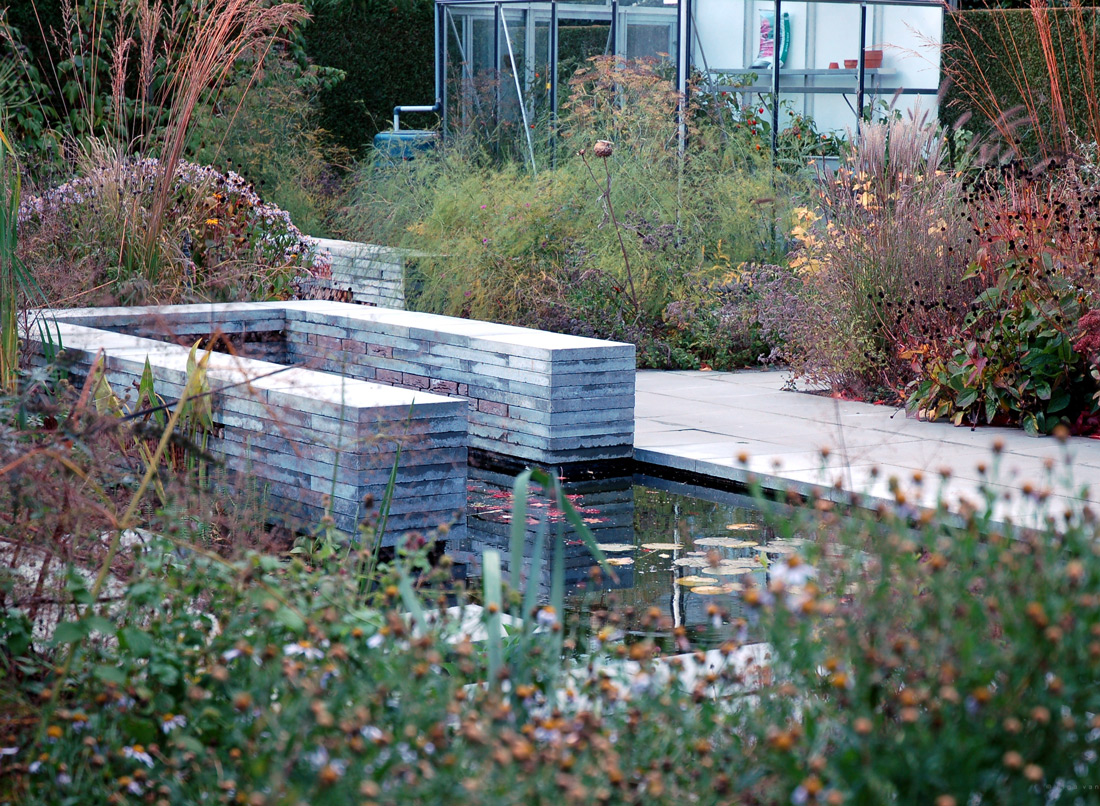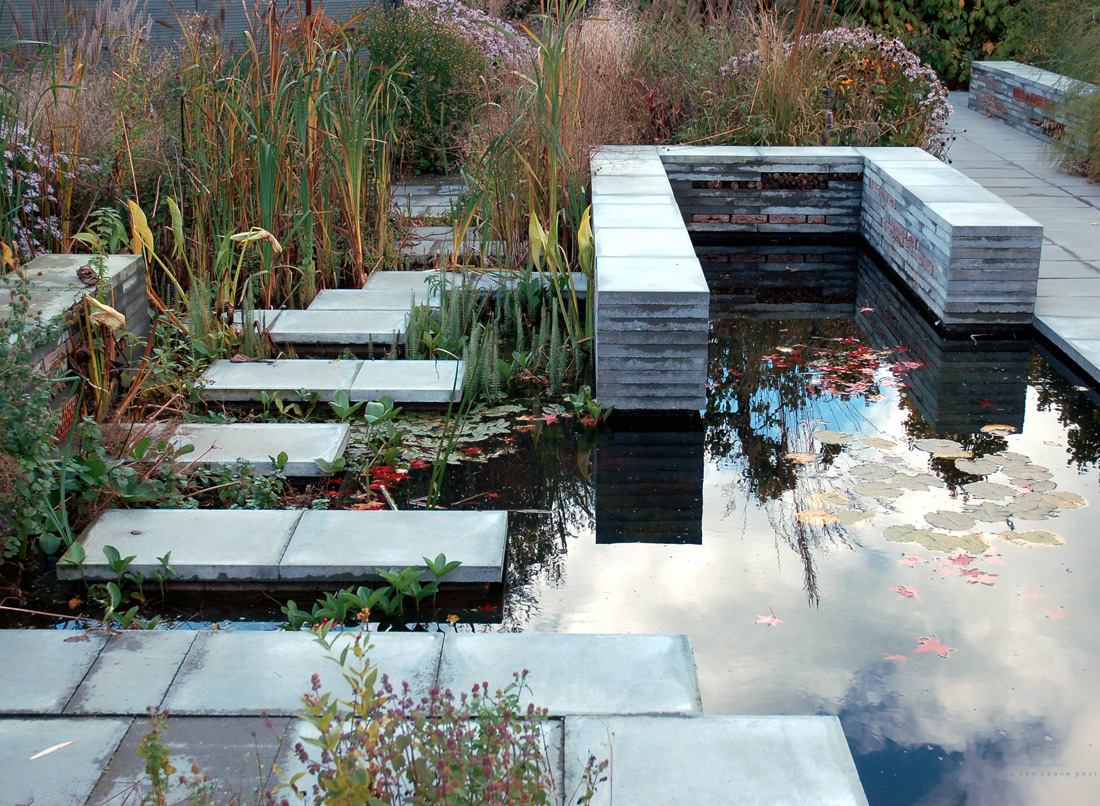Foreign Gardeners: Carrie, from the U.S. to the Netherlands
My introduction to Carrie Preston was through a mutual friend and other half of Plinth et al. Eric, when we were putting together a list of interesting candidates to interview for our Foreign Gardener series. After seeing some of Carrie's projects and learning that she was living in the Netherlands, I was even more excited and intrigued, having lived there myself. It's an incredibly beautiful country to live in and experience so I was curious to see it from a different perspective and point of view and through the eyes of Carrie. Her immense talent in horticulture is obvious, from which you will see, and I found her openness and candor about her life there refreshing. Thank you Carrie. - James
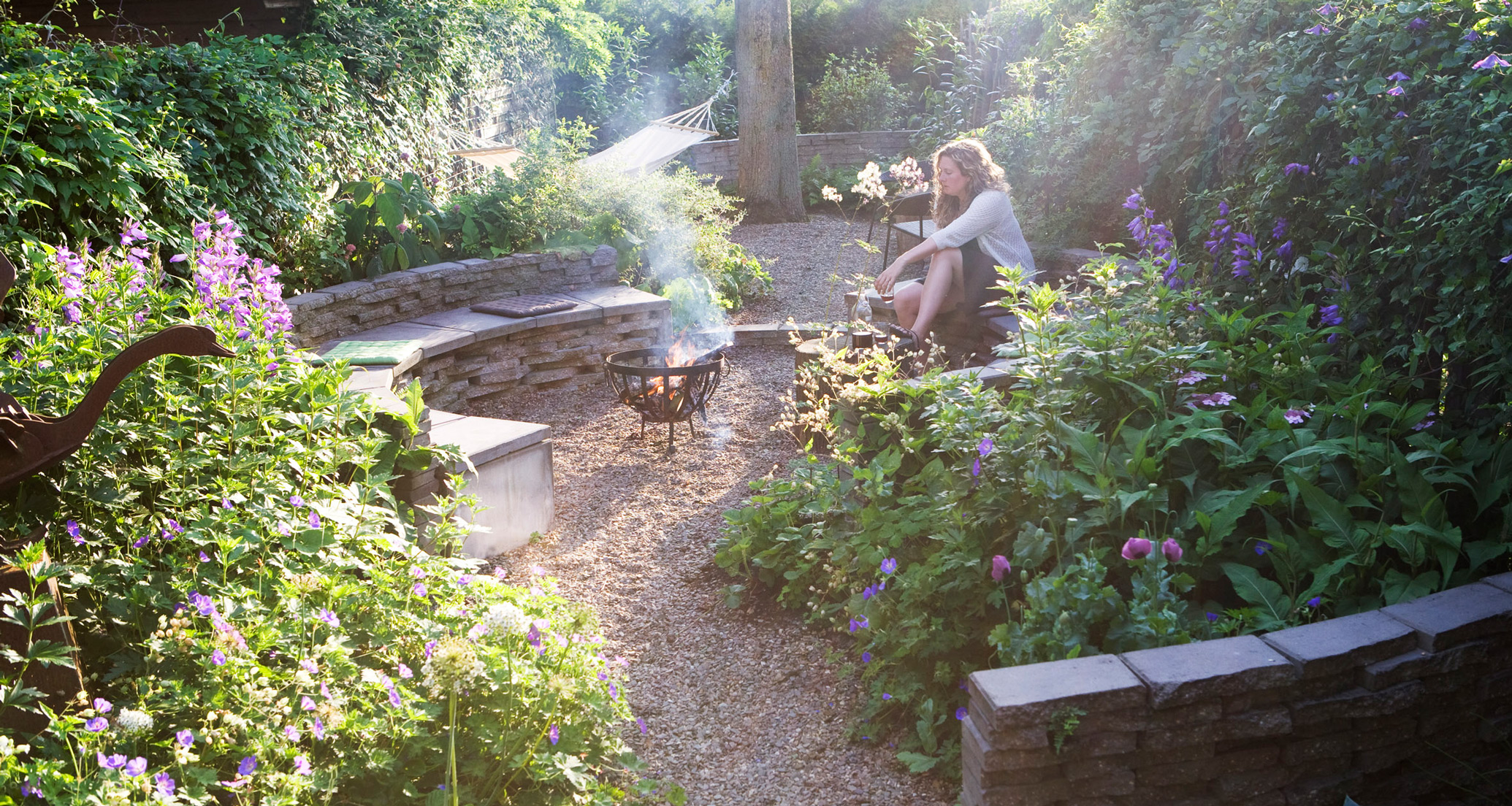
Hello Carrie, a pleasure to speak with you and get to know more about your work. I know what you incredible work you do but would you please share with our readers who you are and in what aspect of the horticulture world you work in?
Carrie Preston and I presently work as a designer of mostly residential gardens through my own design studio, Studio TOOP. I started the business 10 years ago.
a small cross-section of the landscape in New Jersey
Where are you originally from and where did you move to?
I am originally from New Jersey (on the Shore), USA and I studied in Pennsylvania, in the Delaware Valley. After a short internship here in 1998, followed by a year and a half of traveling, I moved to the Netherlands in 2000.
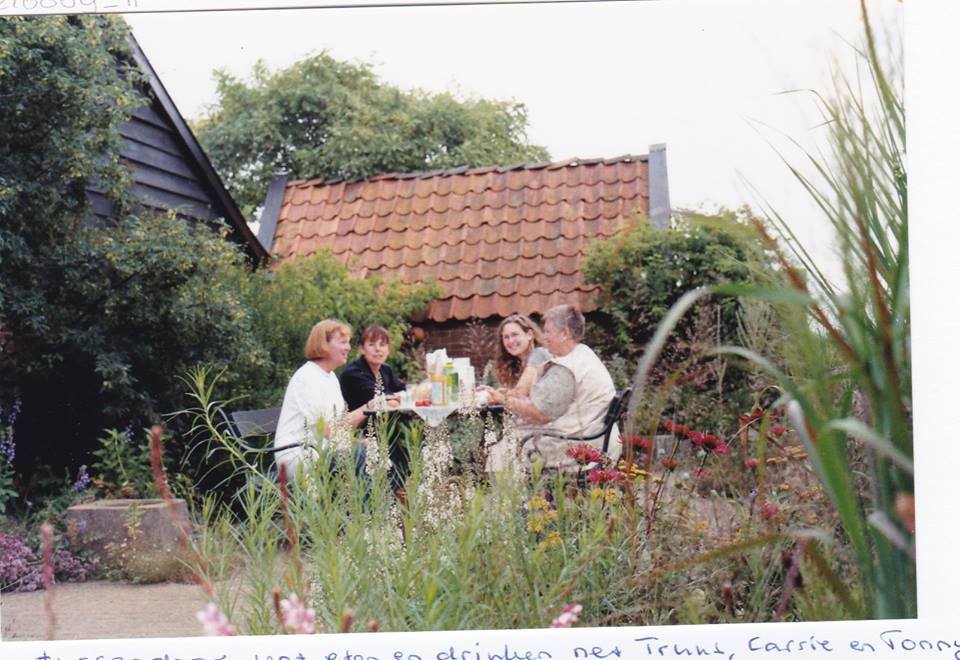
What was it that made you decide that you wanted to move to the Netherlands?
I could come up with all sorts of rational reasons why I wanted to go to the Netherlands - excellence in horticulture, urban design and planning, central location in Europe, left-leaning politics – and all those reasons would be valid and true. But the heart of the matter is, there was a girl in my kindergarten class who moved to the Netherlands with her family. We were pen pals for a while, but the letters faded. Still I was left with a fascination with the Netherlands and a desire to visit. It gained a sort of mythology for me, and so when the time came to travel and see the world after I finish my studies, the Netherlands was at the top of my list of places to go.
'It is remarkable how life has crossroads and how powers outside yourself sometimes decide things for you.'
The move was meant to be temporary, but life has a way of happening. I originally came here for an internship. I then made a trip around the world before coming back to NL for what I thought would be masters study in Landscape Architecture (I have a bachelor's degree in Horticulture and Sustainable Agriculture that I earned in the U.S.). I wound up not finishing the study but stayed in NL because of a relationship and before you know it, here I am, almost 18 years later. It is remarkable how life has crossroads and how powers outside yourself sometimes decide things for you.
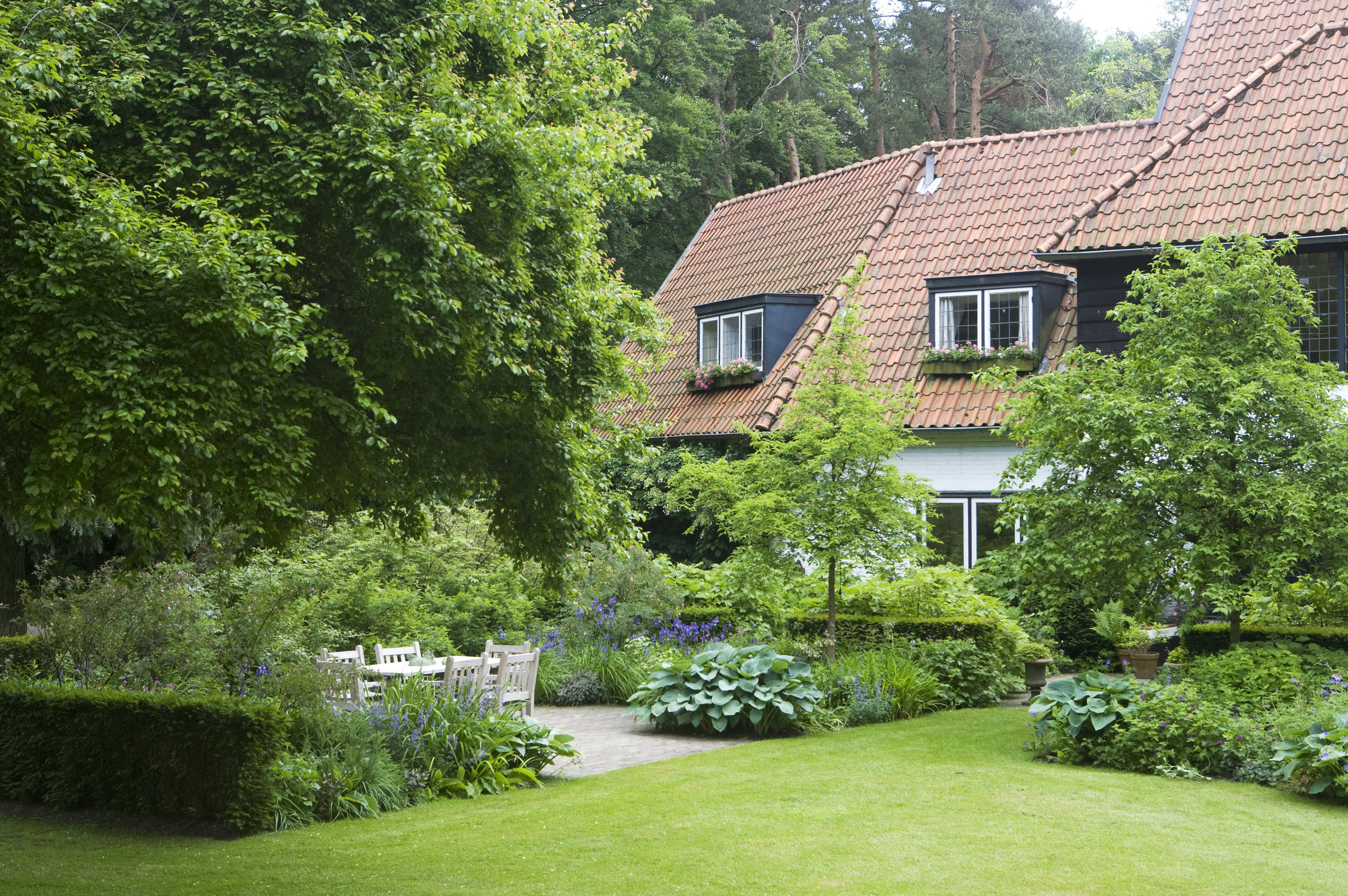
I generally have between 8 and 12 projects going at once. Design work is an intense process and I spend a lot of time really getting to know my client and the location. Besides the design I also am involved during the build process and often do the planting myself. Over the years I have developed a great team of experts who I work with and rely on for different aspects of the job - from technical drawing to masonry to management of complex planting schemes after the garden is realized.
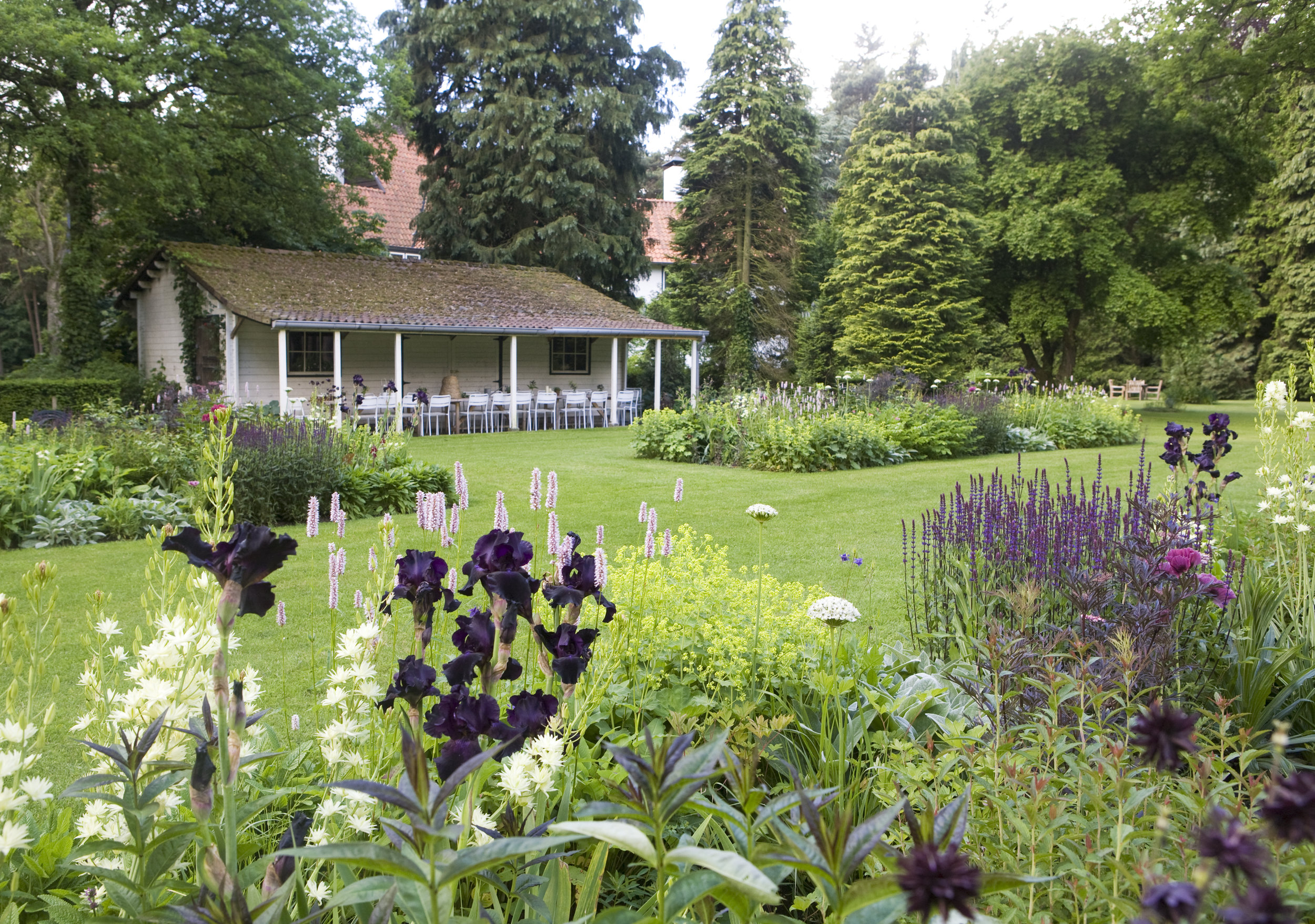
There are always benefits to doing things outside of your comfort zone. What would you say you have found to be some of those benefits to living abroad as a gardener?
Living abroad forces you to challenge your assumptions, also in regards to landscape. Things like foundation plantings in the U.S. or the ubiquitous fence or hedge here, you question. Why is this done? Is it appropriate here? Because the default mode is different in different places, you become aware that it is a default mode and know that another solution is always possible. This allows you to think in solutions and to design with intention.
details of a Dutch life and landscape
In addition to this, the Netherlands has very unique relationship to nature, being that so much of the land is man-made. This challenged a lot of my notions of the natural and made me see the make-ability of many landscapes. I have become more free in how I approach a space now than I think might I had not lived here. I am not afraid to radically change a space, if it has purpose. My view of the natural has become less romantic and more pragmatic - very Dutch!
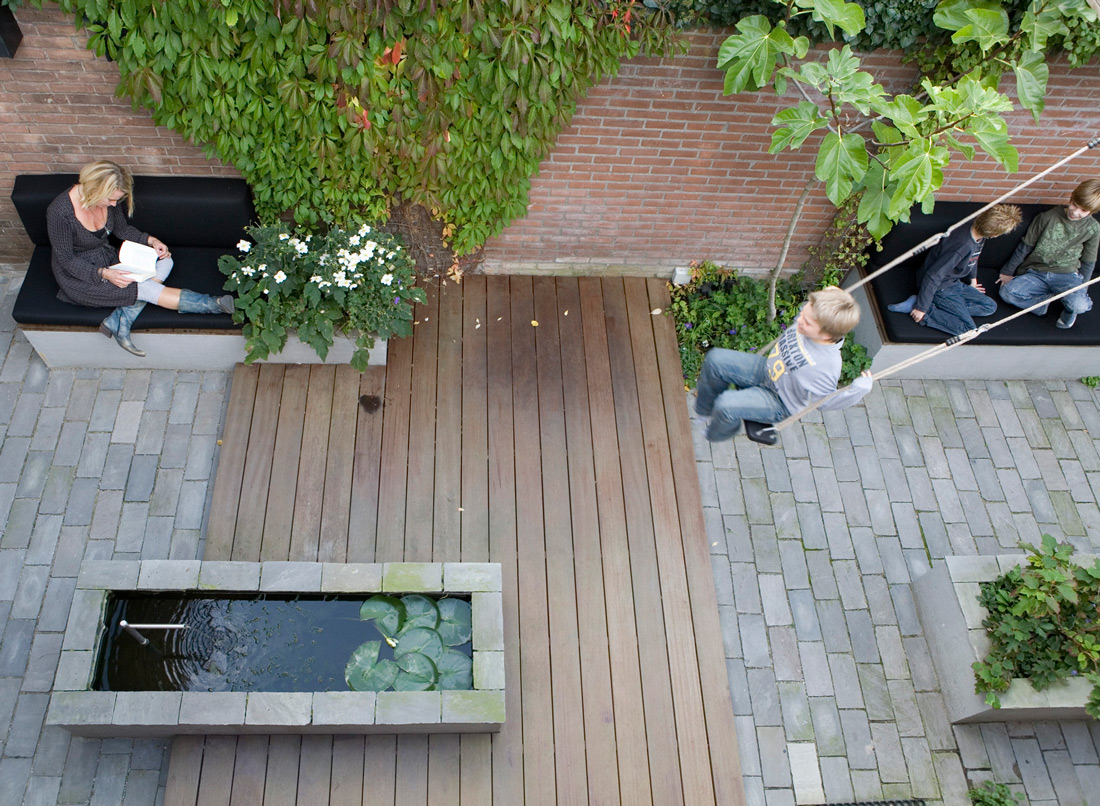 The flatness of the landscape here has taught me the power of tiny elevation changes and I have become a master of small spaces.
The flatness of the landscape here has taught me the power of tiny elevation changes and I have become a master of small spaces.
What has been wonderful about living here is the ready availability and affordability of plants. The Netherlands has an almost incomparable nursery industry. It has been possible for me, even with a limited budget, to experiment with plants in a way I likely couldn't have elsewhere.
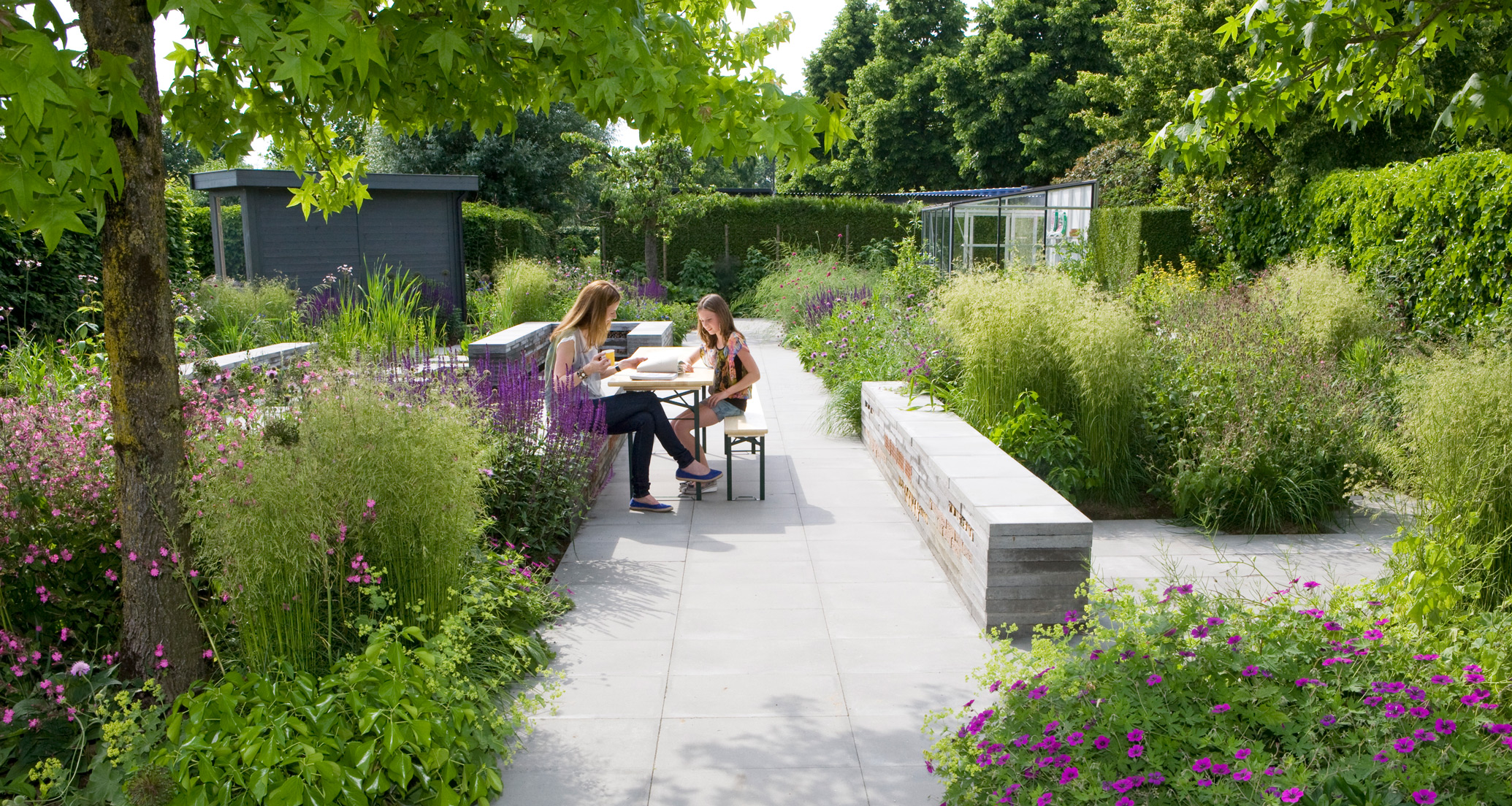 With the positive points there are always a few negative ones. What would you say are some of the difficulties you have encountered in your new country?
With the positive points there are always a few negative ones. What would you say are some of the difficulties you have encountered in your new country?
One of things I most underestimated is that when you move to a new country you completely give up your network. This might be less the case now than it was 18 years ago, but all those small contacts you make throughout the years -- the person you know from that class you took when you were a kid, or that friend of your father's or friend of a friend - all those small connections that can help you get things done, bring you clients, be your in, they are all gone. Add to that the language difficulty and your illiteracy with the subtleties of the culture and it is much harder to navigate many situations. The job you would have easily in your home country, you don't get because you came on too strong, or worded things in a way that lacked subtly, or just aren't familiar in a way that works.
There comes a point that this shifts. That you understand the culture and language well enough to navigate its subtleties and then your foreignness becomes charming and something that helps people remember you by. But for me that was an investment that took several years.
Specific to the Dutch situation in combination with my personality is that the Dutch tend to value the understated and a more reserved quality. I tend to be very "present" which is something that is very much encouraged in American culture but is frowned upon in Dutch culture. In Dutch culture the goal often seems to be to not to stand out. I am not good at that. Early on in my years here I struggled to tone things down. I think maybe I have, but now I know the culture well enough that I can successfully be bold and my own person without this being off putting like it was in the beginning.
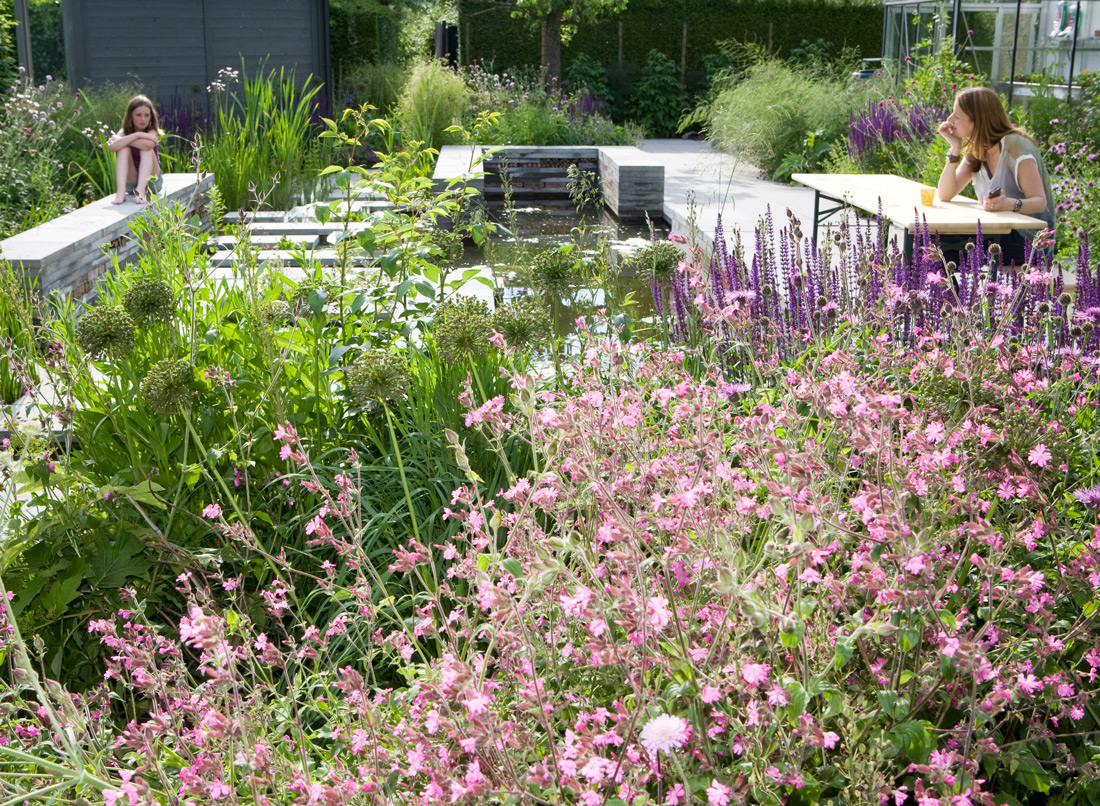 What have some of the struggles been in the horticulture field while there?
What have some of the struggles been in the horticulture field while there?
In the Netherlands the distinction between public and private space is quite significant. There is a limited amount of space that falls in between smaller residential gardens and larger public space. Few companies have campuses and larger properties and estates are really the exception, at least in the urban west where I live. This means I have to work very hard to earn a good living. Slowly I am building enough of a reputation and and marketing myself differently so as to attract larger projects with larger financial returns. Out of a sort of idealism I think I waited too long with this. I believe in making gardens for more typical households, but doing so means I need to do a lot more assignments to earn enough. I am still trying to find the balance in this.
Studio Toop understands the importance and beauty of detail...
When I came here a sort of bare minimalism was very much in fashion. Coming from a culture with a much more romantic image of gardens and a much more romantic idea of nature, this was confronting and alienating. At first I really couldn't relate to or appreciate the style but through the years it has grown on me. I understand the need for clarity in such limited space. The straight lines in the designs of gardens echo that of the landscape. It makes sense here. That said, I have never converted to the more extreme, starker minimalism that appeals to some of my Dutch colleagues. My designs have always maintained a sort of nonchalance and finding a way to combine this with the Dutch clarity has become something distinctive about the way I work.
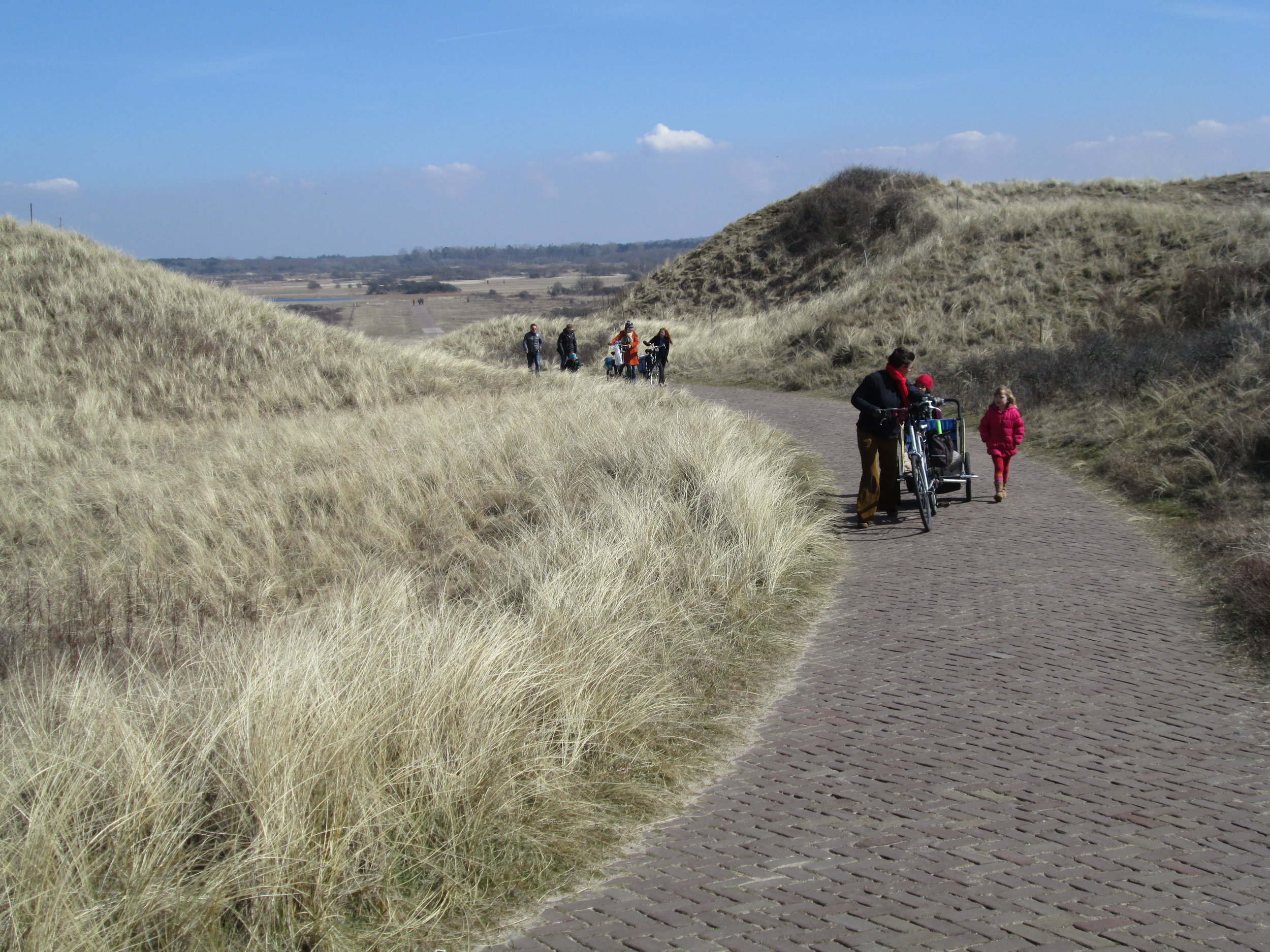
So, on the flip side what was a surprising change that you have welcomed and enjoyed outside of the realm you were used to?
It's always ironic how these things work, but the aspect of Dutch culture that I found most difficult at first has wound up being the thing that is probably the healthiest and best influence on me. Dutch culture is not ambitious or competitive in the same way that American, or more generally, Anglo-Saxon, culture is. There is much more a collective sense of things. If we achieve, we achieve things as a group. There are subtle discouragements and controls to make sure you don't stand out or excel too much.
To a large extent this is a way of being I have difficulty identifying with - or did for a long time. It can definitely be a negative thing, not allowing people to grow and be all they can be. But it can also be positive in the sense that there is much more of a life work balance and much more enjoyment of what you do and have achieved, rather than constantly looking for your next goal and comparing yourself either with others or some unrealistic ideal of who you think should be. I am a recovering perfectionist and Dutch culture, and to a large extent, this aspect of it, have been instrumental in that recovery.
Holland is a forgiving place, where if you mess up, there are safety nets and second chances. I've had a couple of tough years for various reasons and NL has been a kind and forgiving place to fall apart and put myself back together - to learn to be kinder to myself and to know that I am more than the things I do or how I perform.
Tell us now how you found your current job?
I made my current job. I had come here right after graduating from college without having had any real valuable work experience yet in the US. Coming to NL really set me back. It was near impossible for me to find a job at first. All the niches seemed so well defined and it felt like I fell between the grooves and wasn't qualified to do much of anything. I did what I could: yard work, cleaning houses, working at at cafe. I tried working at a garden center but I was only allowed to work the register and forbidden to really talk to customers. I tried finding a job at a botanical garden and wasn't even granted an interview. Frustrated, I earned a teaching degree with the idea that it would offer me some financial stability and the option to work part time while I built my own business. And that's what I did. I taught school part time for 3 years before choosing to focus full time on my business.
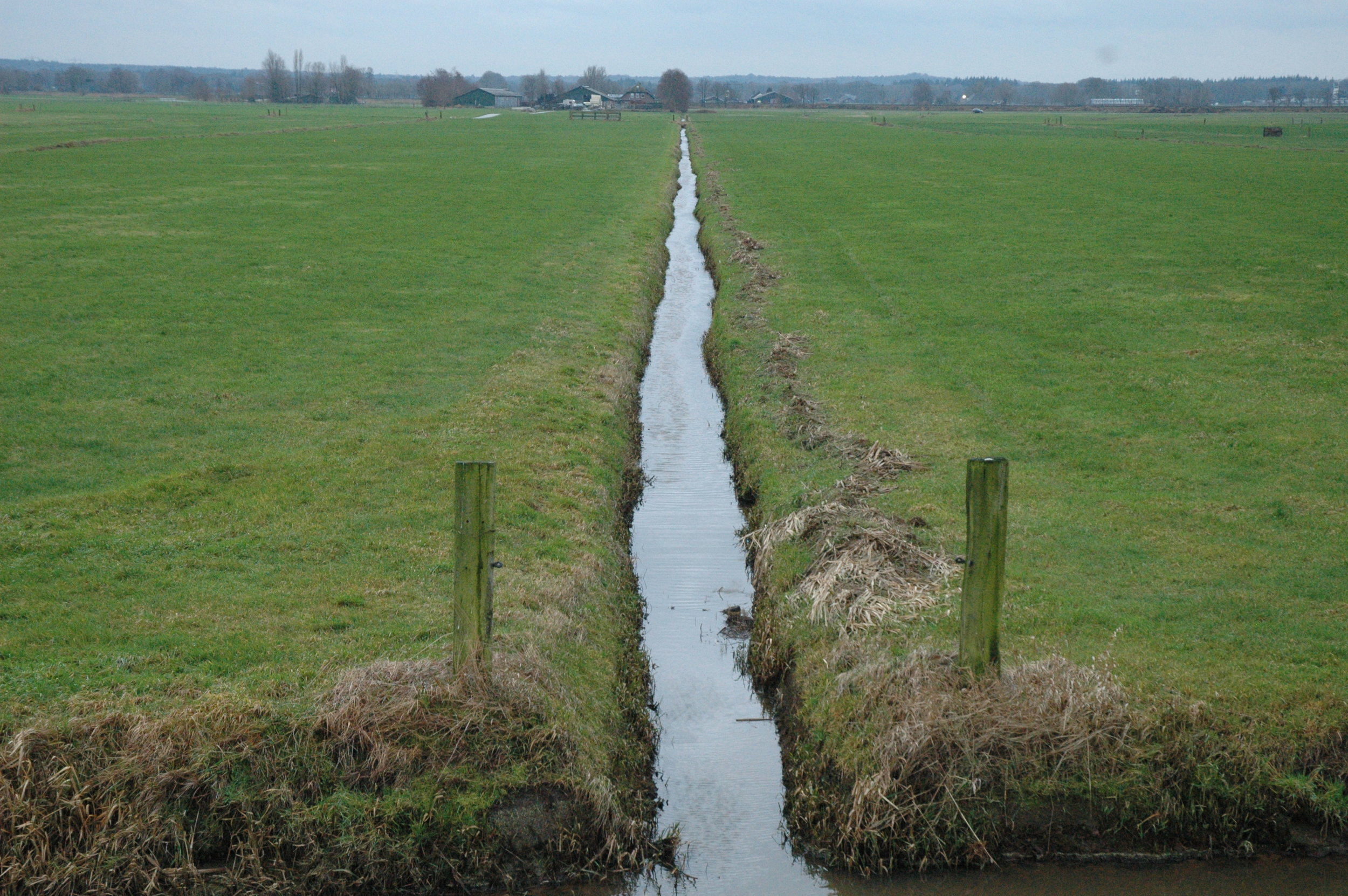 I am very aware, from having lived there, that the Netherlands landscape is very flat compared to the U.S., how has this difference played out in your work, or affected your way of thinking while designing?
I am very aware, from having lived there, that the Netherlands landscape is very flat compared to the U.S., how has this difference played out in your work, or affected your way of thinking while designing?
The landscape here makes you respect and value small changes in elevation. I causes you to think about space differently. Also the linearity of the landscape has very much affected my work.
What advice would you give to others in your situation, who are about to make this sort of transition similar to yours?
I think the world now is such a different place than it was 18 years ago when I moved. You can make contacts ahead of time before you move somewhere. You can build your network from afar. You can, and I think should, make use of these opportunities. I went into this transition rather blind, without a clear goal or strategy. I would not do this again, and while it has worked out for me, it has set me back some years. I can argue those "wasted years" fed and formed me in different and valuable ways and they have. Life in whatever form, always does. It was a difficult route though.
Before this change took place what kinds of things did you do to prepare yourself for the Netherlands?
I read some books on Dutch culture and language but it was all fairly superficial and didn't really prepare me for reality. But 18 years ago information was so, so much harder to find.
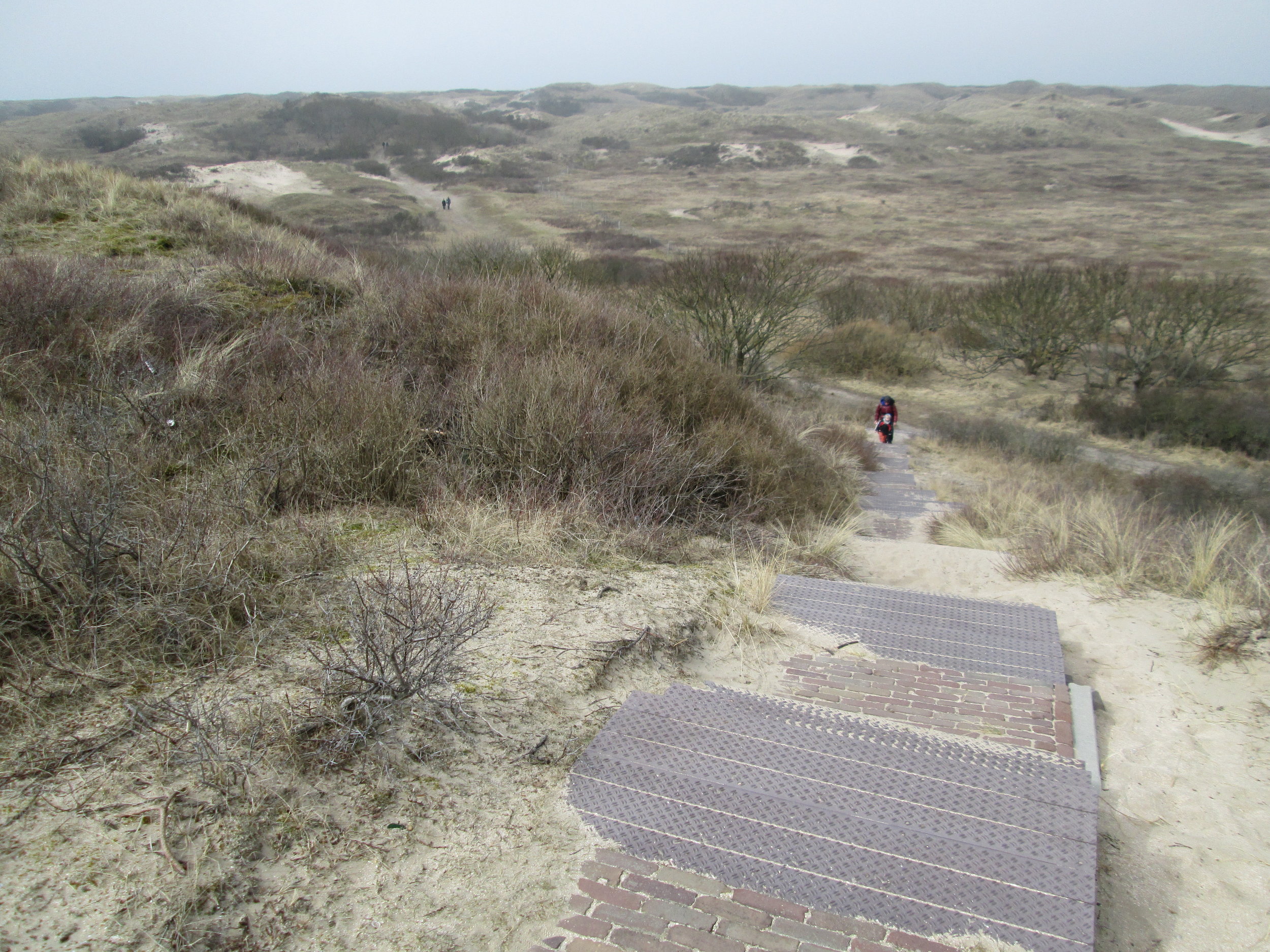 Now that you find yourself more settled, what is one of the greater memories you have so far of your experiences your new environment?
Now that you find yourself more settled, what is one of the greater memories you have so far of your experiences your new environment?
What I really love, and will never tire of, is the amazing diversity of landscapes in a small area. I hike and bike a lot and in one day I can find myself in expansive heather fields in the morning, biking through an agricultural landscape in the afternoon and then sitting at a cafe or visiting a cultural event in Amsterdam or Utrecht in the evening. And this isn't a once in a while, what a great moment kind of thing. This is a normal lifestyle for me. I love and am thankful for that.
 Prior to the big move, if you could give your younger self some advice for this life change, what would it have been?
Prior to the big move, if you could give your younger self some advice for this life change, what would it have been?
Don't try too hard to adapt. Don't overcompensate. You are not Dutch and that is okay. You can respect this new environment without losing sight of who you are and the strengths this offers you.
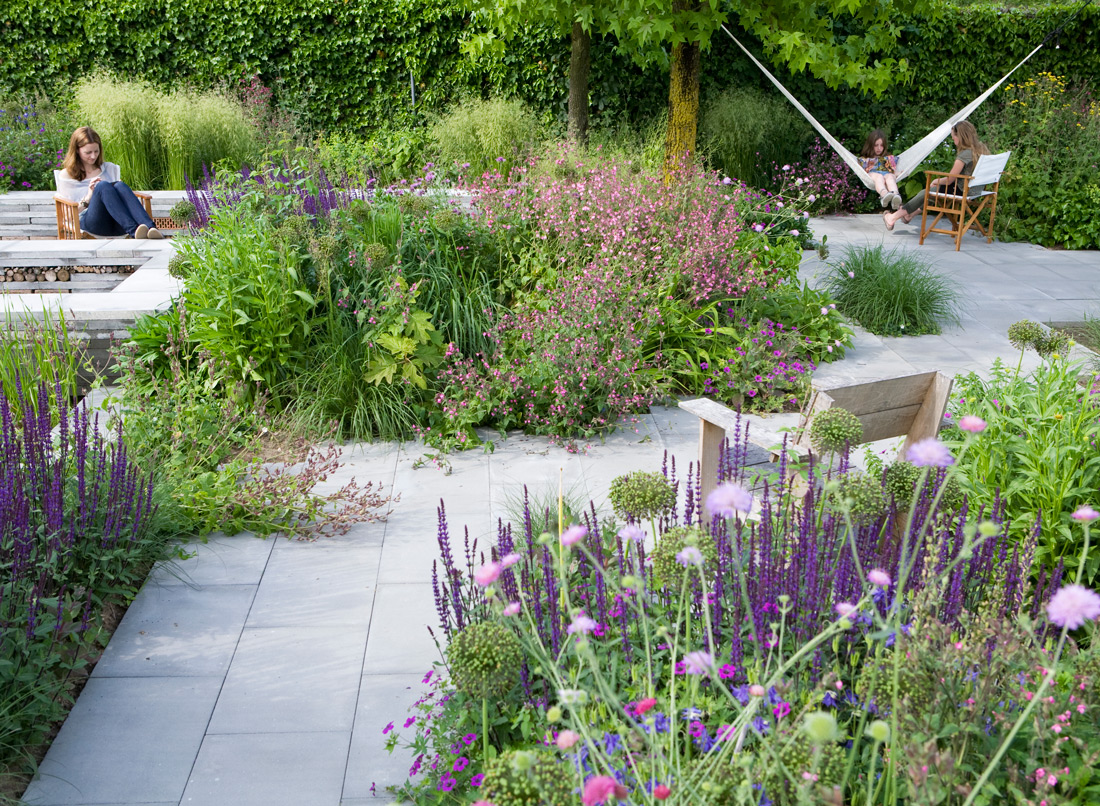
Now, before you go, please let us know what is your new favorite plant that you can grow now that you weren’t able to grow before?
I think it is more the general lushness of the plants I can grow that I love. Lots of rain equals lots of happy plants.
Thanks for taking the time to be a part of our Foreign Gardener series Carrie, we appreciate the insight on the life of a gardener overseas. If you'd like to ask Carrie a question or comment please do so below, and to read further about the incredible work Carrie and Studio Toop is creating please click on the links provided. Thank you again Carrie. - James
Website: StudioToop: gardens with life
email: info@studiotoop.nl


